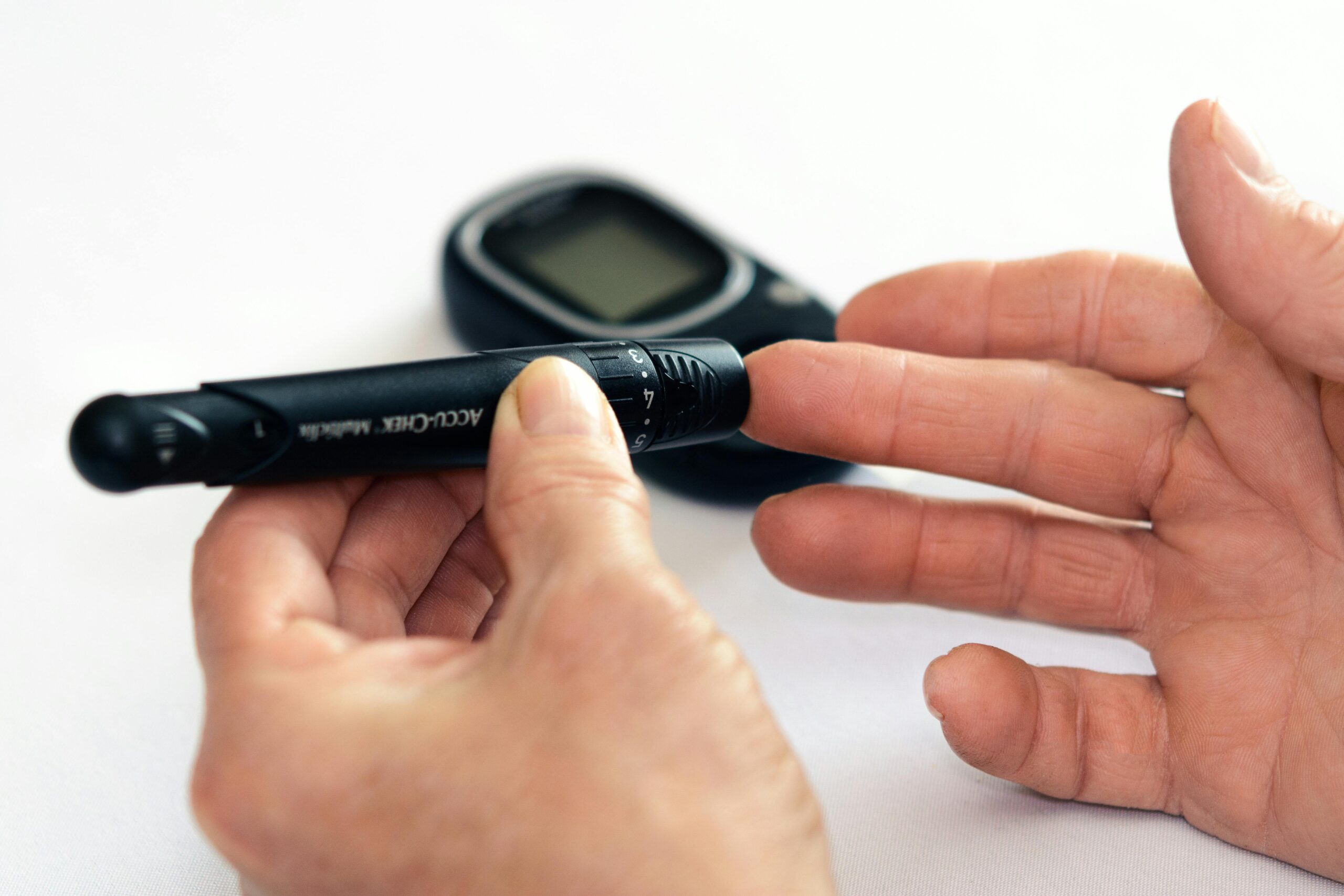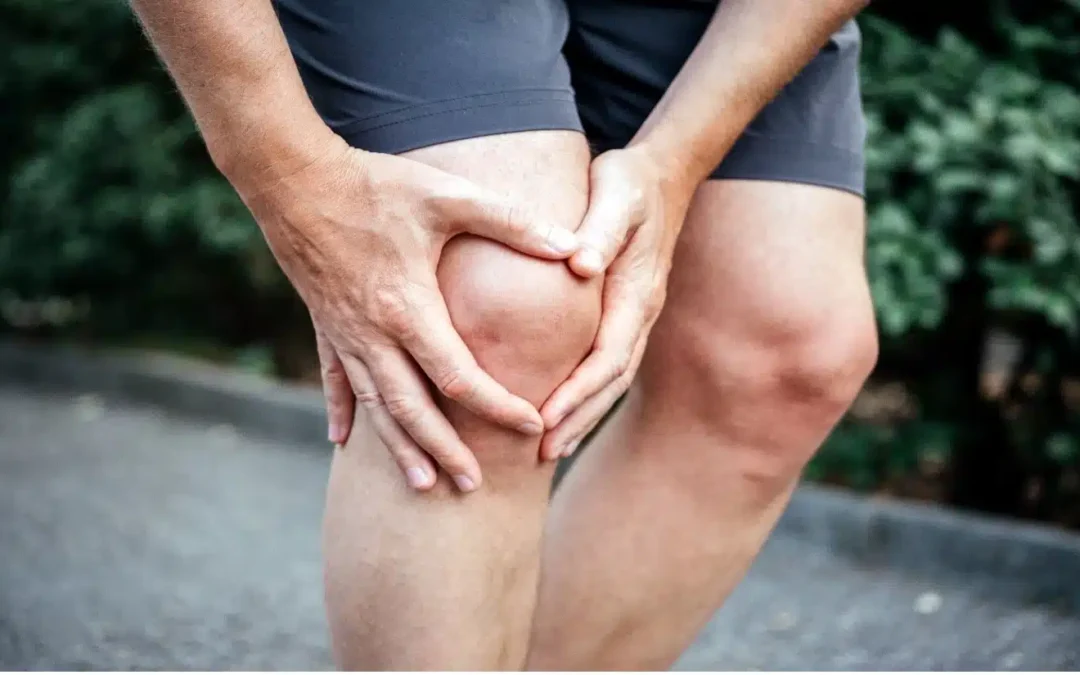Joint pain limits your participation in life. It impacts daily activities and restricts your choices.

Tendons are thick, fibrous bands of tissue that anchor muscles to bones. They are extremely important for normal, coordinated body movements. Tendons are strong tissues; nevertheless, they’re prone to injury. Tendon injuries, especially common in athletes, are usually caused by overwork or sudden excessive force.

Compared to injuries to other types of tissue, tendon injuries take a lot of time to heal, which can be a cause of concern, especially for athletes who can’t afford to spend too much time away from the field.
In this article, we’ll look at why tendons take so long to heal and the available treatments for tendon injuries.
Tendons are present all through the body; wherever there are bones and skeletal muscles, there are tendons. Tendons are made up of bundles of collagen fibers that are arranged in parallel and tightly packed. This arrangement makes tendons extremely strong and resilient, so they can withstand a lot of force without getting damaged.
But tendons can also be quite stiff, so when exposed to excessive shearing force, they can be damaged. Tendon injuries can result in severe pain, joint stiffness and tenderness and may keep you away from activity for a long time.
Physical therapy is extremely effective in treating tendon injuries and is often considered the best treatment for mild to moderate tendon injuries after RICE.
A physical therapist helps develop a customized training program to improve strength and coordination of the muscles around the joint, improving mobility and reducing pain. The exercise program prescribed by a physical therapist includes strengthening and stretching exercises, which are carefully calibrated based on the type and severity of injury.
It is important to understand that self-prescribed exercises after a tendon injury are not a good idea; they can make the injury worse.

Many factors determine the amount of time required for a tendon to heal, such as:
Our therapies have changed the lives of many people suffering from musculoskeletal pain. We know how excruciating tendon injuries can be, and we’re eager to help you recover quickly without surgery. Get in touch with QC Kinetix today!

Joint pain limits your participation in life. It impacts daily activities and restricts your choices.


QC Kinetix Joint & Bone Health supplements help your body to repair and renew injured joint tissues, including cartilage, ligaments, and tendons, while reducing inflammation of the bursae. Unlike steroids or pharmaceuticals, our supplements for joints work with your body to promote healing.
Supplements can boost your overall joint health as part of a general fitness program. However, they are particularly valuable for treating damaged or inflamed and painful joints. The Arthritis Foundation finds that joint health supplements show promise for relieving pain, stiffness, and other symptoms of arthritis.

*Fill out the form below, and an expert will reach out to you shortly. All fields must be completed.
*Please allow 30-60 minutes of allotted time to meet with a specialist to determine if you are a candidate for our services. Exams are included and are complimentary.
